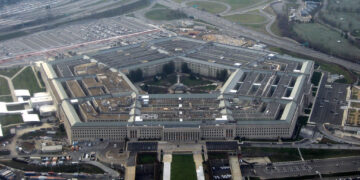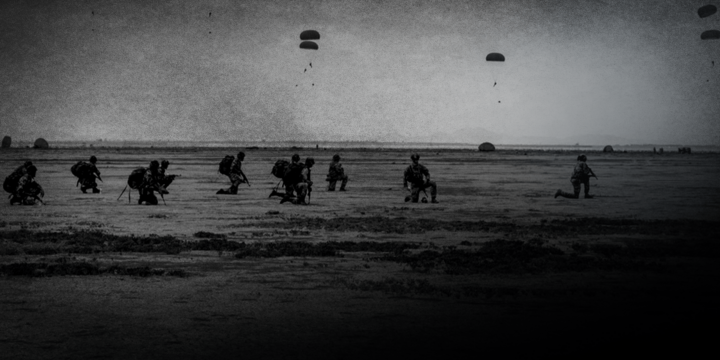The United States’ relationship with military coups is topsy-turvy. During the Cold War, Washington was often an enabler and plotter of coup attempts against governments seen as sympathetic to communism, allied to the Soviet Union, or just plain troublesome. In many cases, the U.S. supported coup regimes after they consolidated power. The list is too long to count: Iran in 1953, Guatemala in 1954, Greece in 1967, Chile in 1973, and El Salvador in 1979 to name a few. Washington’s desire to hold fast to its reputation as a beacon of liberty and individual freedom was outweighed by its desire to contain the Soviets.
Future U.S. presidents would later go on to express regret that the U.S., the world’s most powerful democracy, had a hand in sustaining some military regimes. In 1999, Bill Clinton apologized during a trip in Greece for aiding the generals who led that Mediterranean country for seven years.
Today, the U.S. is firmly against coups.
This week, when Niger’s President Mohamed Bazoum was taken into custody by his own presidential guard, Secretary of State Antony Blinken immediately called him to emphasize that the U.S. stood with the Nigerien people and condemned “this effort to seize power by force and overturn the constitutional order.” U.S. law mandates the cutoff of funds and assistance to any country whose elected government is deposed by a military coup, and the law bars the release of those funds until the secretary of state certifies to Congress that democracy is restored. By the letter of the law, it would seem obvious that U.S. military, security, or economic aid to Niger will now be suspended after this week’s developments.
More on Africa

Featuring Jennifer Kavanagh and Benjamin Friedman
June 3, 2025

Featuring Mike Sweeney
March 20, 2025

Featuring Benjamin Friedman
February 11, 2025

Featuring Daniel DePetris
November 6, 2024

By Mike Sweeney
October 18, 2024
Events on Africa



